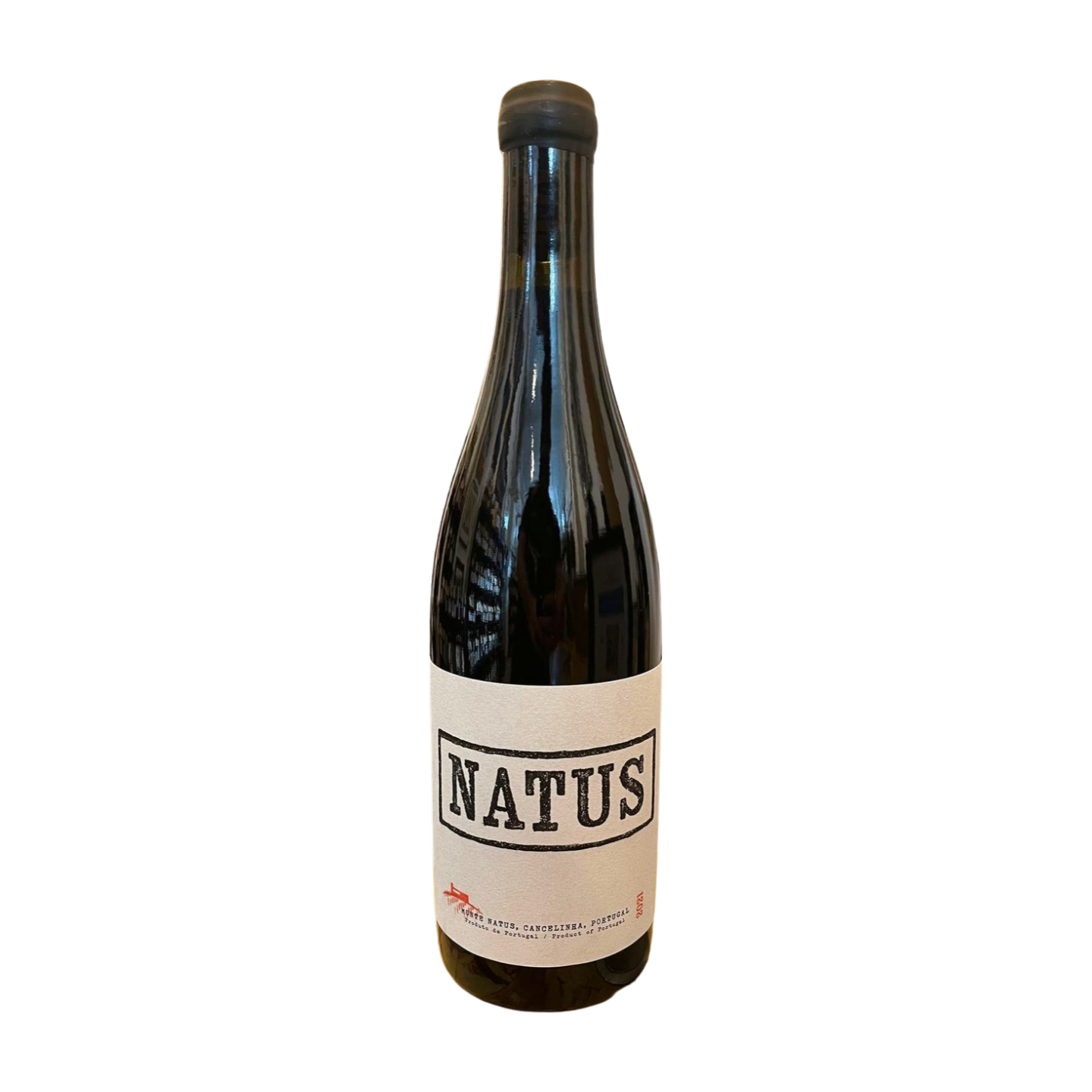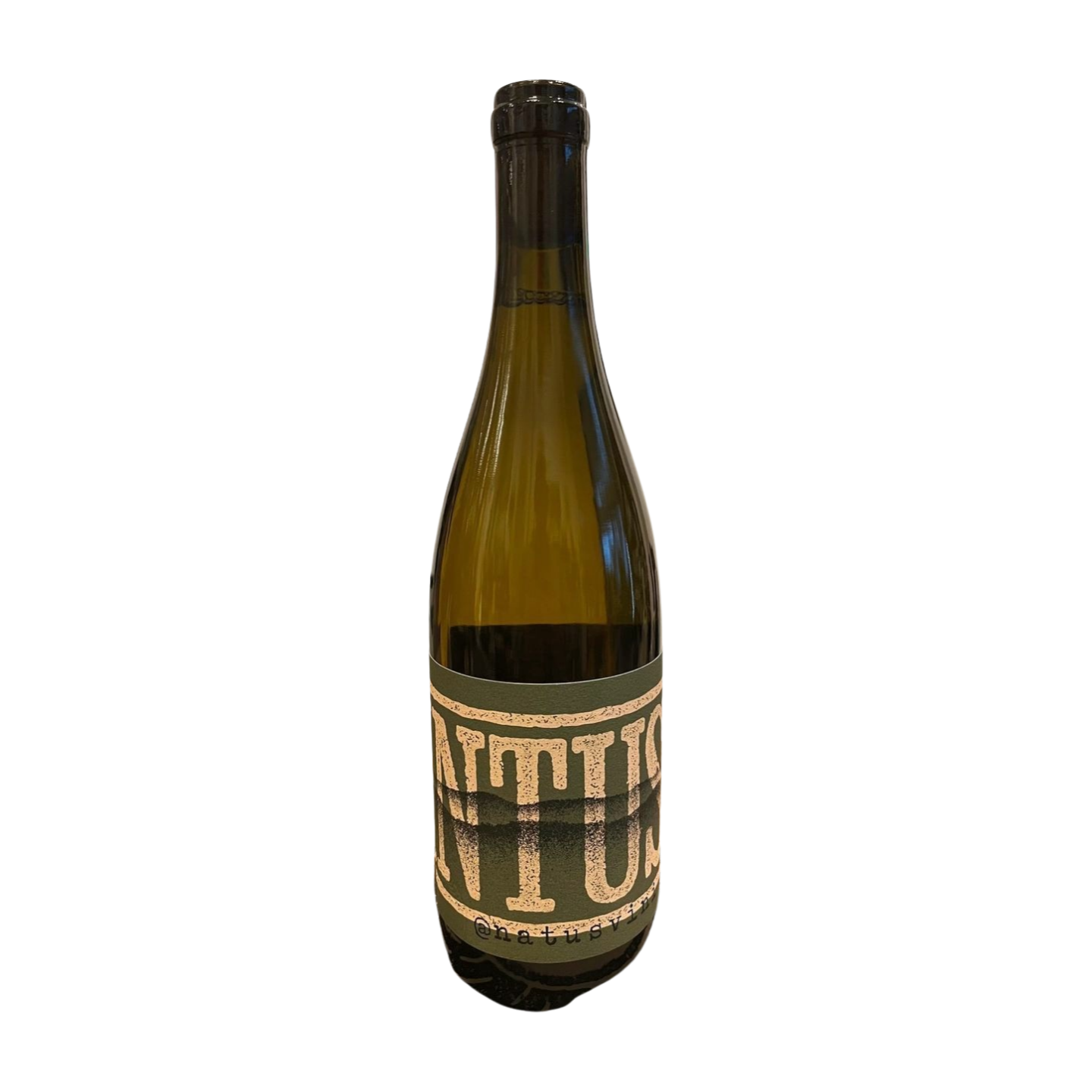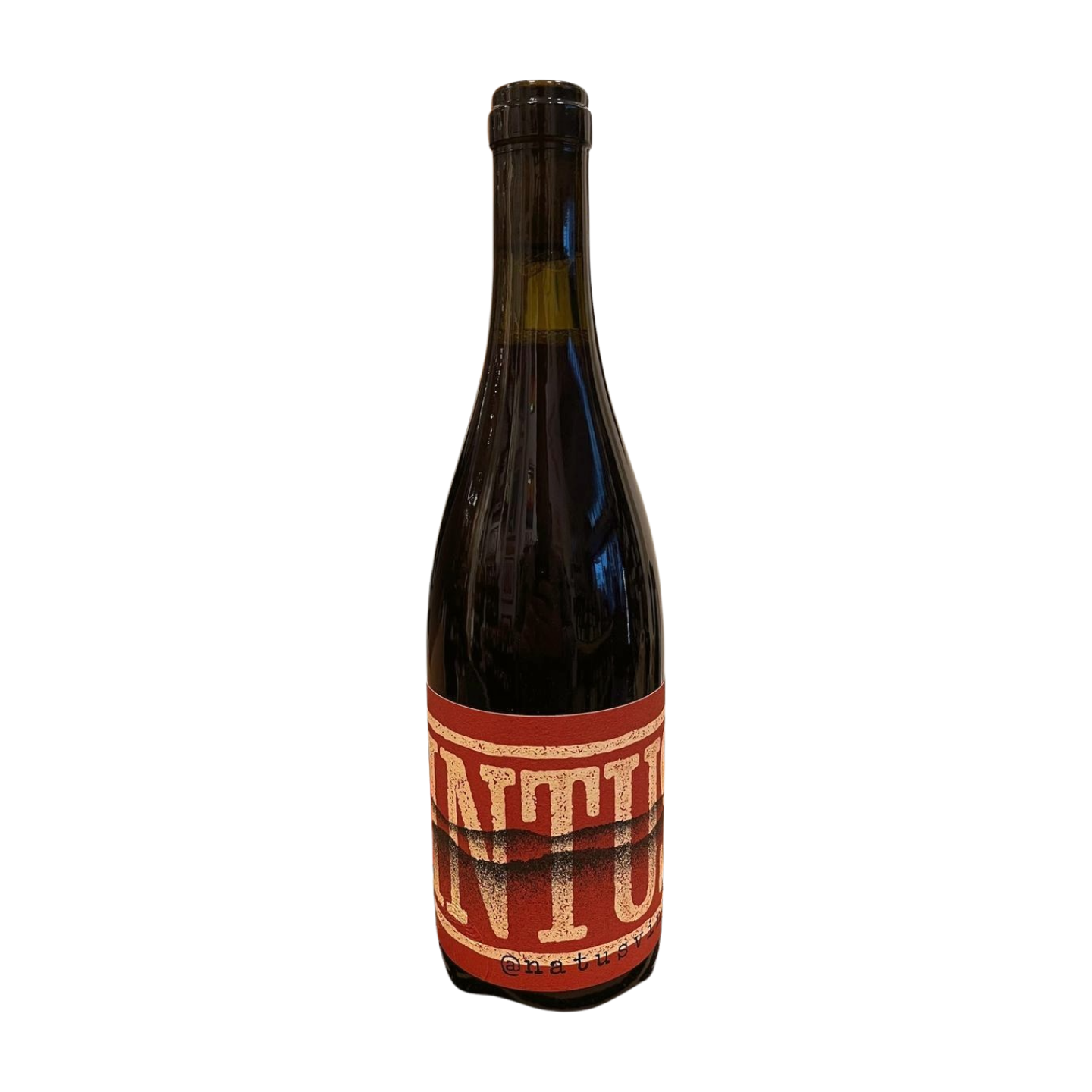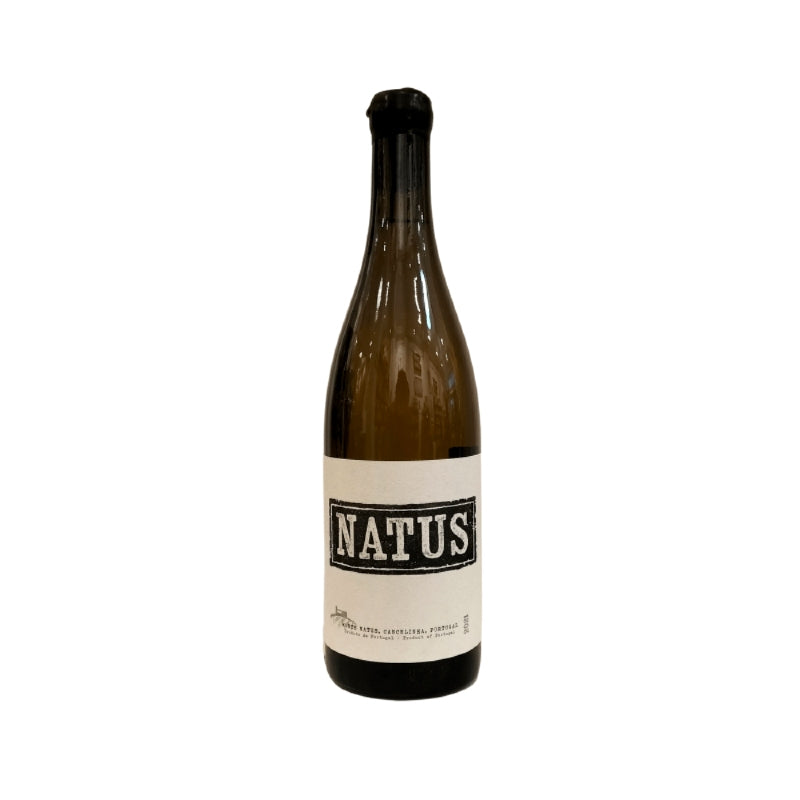Natus
Natus Vini, a rising star in the Portuguese wine scene, is a testament to the Alentejo region's potential for producing elegant and expressive wines. Located in the heart of the Alentejo, Natus Vini is driven by a commitment to sustainable practices and the preservation of traditional winemaking techniques.
At the helm of Natus Vini is the talented winemaker Hamilton Reis, who is renowned for his minimalist approach to winemaking. Reis believes in letting the grapes speak for themselves, minimizing intervention and allowing the natural character of the fruit to shine through. This philosophy is evident in every bottle of Natus Vini, resulting in wines that are both complex and approachable.
Natus Vini's vineyards are cultivated organically, without the use of synthetic pesticides or herbicides. This commitment to sustainable practices ensures that the wines are produced in harmony with the environment, preserving the delicate balance of the ecosystem. Additionally, the vineyards are dry-farmed, meaning they rely solely on natural rainfall for irrigation. This challenging practice results in wines with intense flavors and a unique mineral character.
In the winery, Natus Vini employs traditional winemaking techniques, such as fermentation in large concrete vats and aging in old oak barrels. These methods allow the wines to develop slowly and naturally, resulting in complex and age-worthy bottles. The focus on indigenous yeast fermentation further enhances the wines' unique character, reflecting the terroir of the Alentejo region.
Natus Vini's wines are characterized by their elegance, freshness, and balance. The red wines are often medium-bodied, with vibrant fruit flavors and soft tannins. The white wines are crisp and refreshing, with citrus and mineral notes. Whether you're enjoying a glass of Natus Vini on its own or pairing it with a delicious meal, you're sure to be impressed by its quality and complexity.
Natus Vini is a shining example of the new wave of Portuguese winemakers who are pushing the boundaries of tradition and innovation. By embracing sustainable practices and a minimalist approach to winemaking, Natus Vini is producing wines that are both delicious and environmentally friendly. As the winery continues to grow and evolve, it is poised to become one of the most respected names in the Portuguese wine industry.
Filters
Portuguese wine
Frequently asked questions
The entire country of Portugal is divided into 14 different wine regions, including in the Azores and Madeira islands. Some of Portugal's most famous winemaking regions include the Douro Valley (known for Port) and Vinho Verde (known for its light, refreshing white wines).
Portugal is becoming more well known for its orange wines, talha wines (traditionally made in clay pots), and palhete (made by blending red and white grapes together).
Portugal is best known for its fortified wine, called Port wine. It is produced in the Douro Valley, which is a UNESCO World Heritage Site and recognized as the world's first demarcated wine region, established in 1756.
Vinho Verde in northern Portugal is another popular winemaking region characterized by rolling hills and lush landscapes. It's known around the world for low-alcohol, refreshing white wines, although the region traditionally focused more on red wines made with the fruit-forward vinhão grape.
The Portuguese island of Madeira, with its subtropical climate, is renowned for its fortified wines. Winemaking here dates back to the 15th century, when Portuguese
explorers brought grape varieties from around the world.
Our sustainable, natural wine shop is located in the Marquês neighborhood in Porto, Portugal. We also ship to countries around the world, including within Europe, the United States, Canada, Australia, China, and more. Review our Shipping Policy to learn more.
In recent years, there has been a notable shift toward sustainable viticulture and the production of natural wine in Portugal. Many winemakers are implementing organic farming practices and embracing biodiversity to maintain soil health and reduce chemical inputs. This commitment to sustainability is not only beneficial for the environment but also enhances the quality of the wines, allowing the unique characteristics of the terroir to shine through. For example, some winemakers are now utilizing ancient terracotta amphorae for fermentation (called talha in Portuguese). This method preserves regional cultural heritage, enhances the wine's character, and aligns with sustainable practices by reducing reliance on modern materials.




